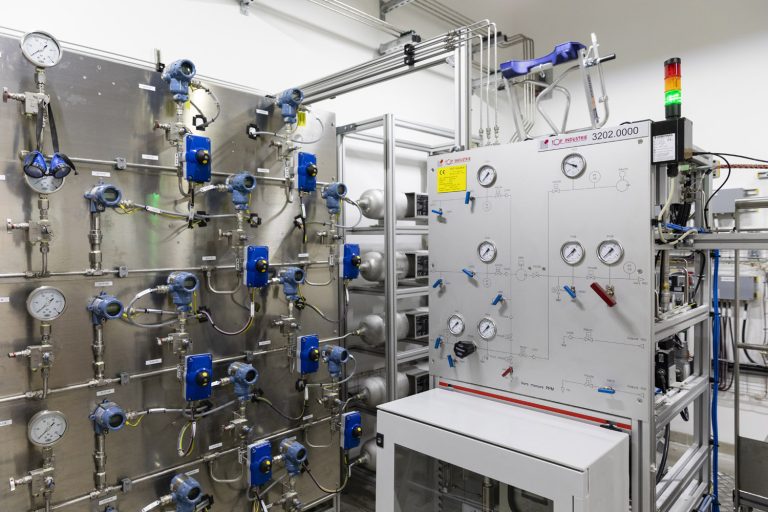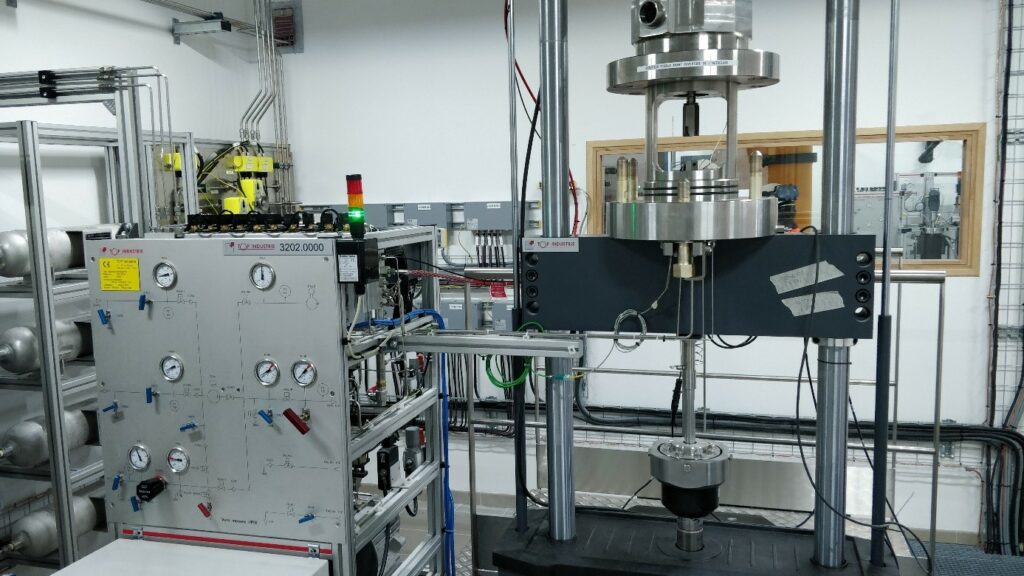

To celebrate its 60th anniversary, GERG (The European Gas Research Group) has organised a series of online conferences from 1 to 3 December 2021.
The day of December 3 was dedicated to hydrogen, the opportunity for RICE to present its PIPELHYNE project which aims to accompany the development of hydrogen in the networks.
|A JIP composed of 3 test programs|Different types of tests to determine the impact of hydrogen on network materialsMaxime BERTIN presented the PIPELHYNE (PIPELines for HYdrogen Networks) project at the 60th anniversary of the GERG. This is a Joint Industry Project (JIP) contracted in 2021 between ENGIE, FLUXYS, GRTgaz and National Grid. This JIP aims to characterize 8 steel grades meeting new hydrogen specifications under a 100% H2 atmosphere at 100 bar. In addition to the project partners, European tube manufacturers are also involved in the project for the supply of test material.|The work is divided into 3 main programmes to be carried out between 2021 and 2028. All the tests in this program will be conducted on GRTgaz's brand new hydrogen test platform, FenHYx, which was inaugurated on November 23 and is located in Alfortville. The first program will aim to show the beneficial effect of oxygen as an inhibitor of the effect of hydrogen on our steels. The second program will test the 8 new steel grades in order to characterize their mechanical behavior under hydrogen. The third program will aim to validate the effect of oxygen on all the other steel grades than those tested in the first program and also to consider a second inhibitor which, at this stage, remains to be defined.
H2 atmosphere traction machine - RICE Alfortville site
|The aim of these tests is to gain a better understanding of the mechanical behaviour of the materials that make up gas transport networks under hydrogen in order to take it into account in the procedures that ensure the safety of our networks. This approach aims to support the development of hydrogen in the years to come, a major vector for decarbonizing energy uses. Two types of tests are planned: